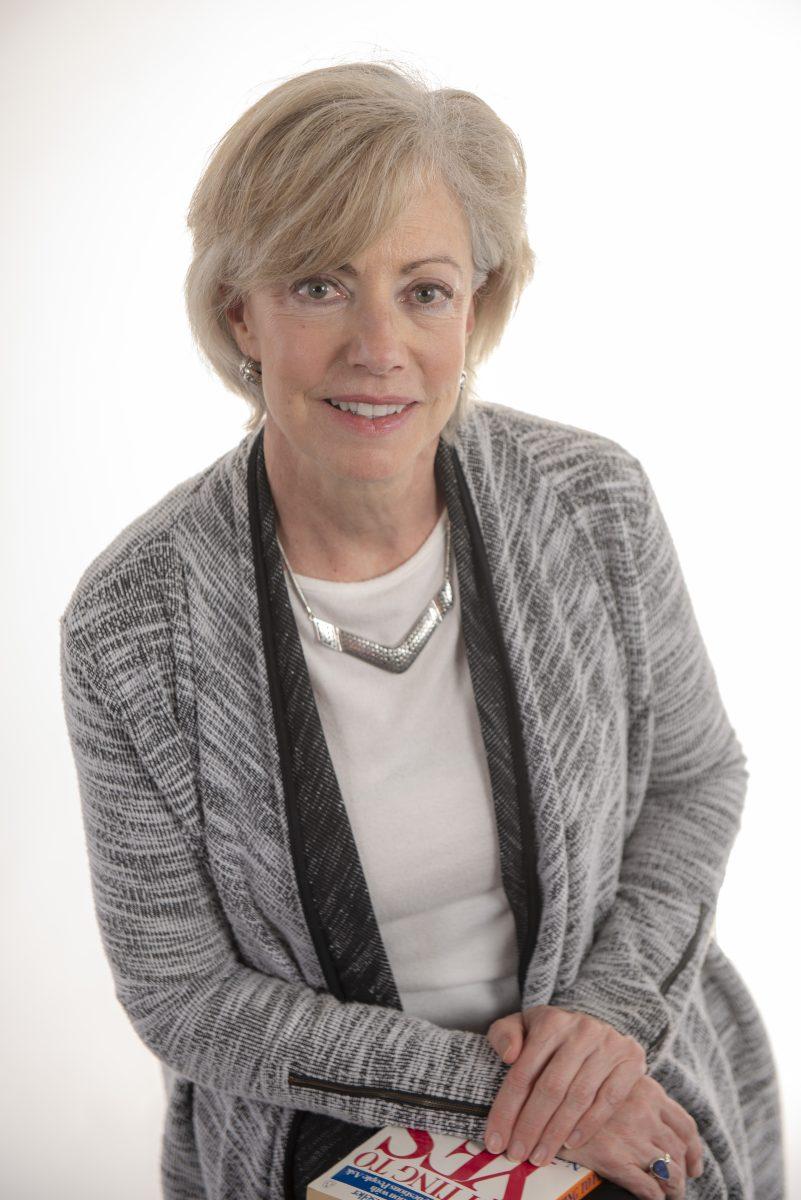On Feb. 5, 2019, President Paula A. Johnson announced the appointment of Kathryn Bender as Wellesley College’s new ombudsperson in a campus wide email. Bender will be replacing Professor Emerita Liz Lieberman, who has retired after serving as ombudsperson from 2011 to 2018. The role of an Ombuds Office can vary based on the institution within which it is operating. However, it is broadly described as “an office where people can come if they have a conflict and they don’t know how to address it,” says Bender.
Ombuds Offices are not a standard at the collegiate level in the United States, but their numbers are steadily growing. Bender believes that colleges that choose to have an Ombuds Office show that they are “committed to hearing from all of the voices on campus”.
Bender has a Bachelors of Psychology, Masters of Higher Education Administration and a Juris Doctor. She specializes in alternative dispute resolutions that allow for the avoidance of litigation. “Her legal and higher education experience spans more than 25 years, during which time she has successfully facilitated and mediated countless disputes for public and private colleges and universities,” President Johnson wrote in her all-school email.
Among the Ombuds Office methods for managing disputes and conflicts is the approach of early conflict management, neutral evaluation and coaching, which can be applied at all levels. “The Ombuds Office is not just a resource for administrative disputes,” says Bender. Conflicts among students/student groups or between students and administrators can be addressed at the Ombuds Office.
Bender is also the founder and president of Triangle Alternative Dispute Resolutions (ADR). Triangle ADR is a private firm that specializes in a three-pronged approach to conflict resolution: mediation, arbitration and facilitation. “By utilizing an approach in which mediation, arbitration and facilitation work in conjunction with one another, colleges and universities can resolve matters before they snowball into full blown legal complaints”, says Bender. Her company is now headquartered in North Carolina, so she can continue running the firm while serving as ombudsperson at Wellesley.
President Johnson announced the introduction of expanded services that will be available through the Ombuds Office. Bender’s specialization in alternative dispute resolutions will allow for the broadening of resolution services including facilitation, mediation and training. Traditionally the role of the ombudsperson has been to facilitate conflict resolution between and amongst administrators, faculty and staff. However, the ombudsperson “is also available to students who are having an issue with a faculty or staff member to talk about the problem,” said President Johnson.
Members of the Wellesley College community can turn to the Ombuds Office for “informal and off-the-record” conversations about any interpersonal conflicts they may have — including cases of sexual harassment and assault. “I do not take notes during confidential meetings in order to ensure the complete privacy of individuals seeking help from this office” says Bender. “The Ombuds Office is not a equivalent alternative to the Title IX Office,” says Bender. So, students looking to file official complaints or speak on the record should still seek out other offices.
This spring, Bender will be available to classes, groups and individuals to speak “about any issue related to dispute resolution, communication, consensus building and collaboration, including offering training in mediation and dispute resolution skills,” President Johnson said in her email. Additionally, Bender will be doing a “listening tour” of the campus in order to assess and understand the needs of the Wellesley College community. “Students and student groups can certainly benefit from conflict resolution and mediation training,” says Bender.
President Johnson has clarified that anyone who comes to the Ombuds Office to lodge a complaint or express a concern should be assured that their conversations are entirely confidential, including conversations about sexual harassment and assault. If one wishes to lodge a formal complaint or file a report regarding a case of sexual harassment or assault.
Additionally, the Ombuds Office is not a “reporting authority” which means that it is not required to officially report matters of “harassment, research misconduct, or any other allegations of legal and/or policy breaches”. However, if the “ombudsperson determines that there is an imminent risk of serious harm” or if they are subpoenaed, then the matter will no longer remain confidential. Otherwise, no information exchanged between the visitor and ombudsperson is disclosed without the consent of the visitor. For more information about the the role of and the services provided by the Ombuds Office and ombudsperson, please visit the Administration page of the Wellesley College website or email the Ombuds Office directly. Bender can be found in the Ombuds Office in Clapp Library, room 301, or reached at [email protected] or 781.283.3385. Bender is available Tuesdays and Wednesdays (or by appointment).






